What's new
Information for websites / stakeholder briefings
Getting the help you need during the doctors’ strike
The British Medical Association (BMA) has announced that their resident doctor members will strike for five days from 7am on Friday 25 July until 7am on Wednesday 30 July 2025.
Resident doctors (previously known as junior doctors are fully trained doctors with up to eight years of experience – they account for around 50 per cent of doctors working in the NHS. This means that NHS services will be under a huge amount of pressure leading up to, and during the strike. Hospitals will be doing everything they can to keep disruption to a minimum and ensure the safety of patients.
NHS teams across Wakefield District continue to work hard to minimise disruption from the industrial action but it is expected that there will be a significant impact on local health services.
Some hospital appointments and planned treatment may need to be rearranged. Healthcare teams will contact people as soon as possible if your appointment needs to be changed. If you do not hear from your healthcare team your appointment will be going ahead as planned.
Regardless of any strike action taking place, it is important that people who need urgent medical care continue to come forward, especially in emergency and life-threatening cases - when someone is seriously ill or injured, or their life is at risk.
NHS 111: If you need medical help or advice, or you are unsure about whether you should go to hospital, go to NHS 111 online unless it is a life-threatening emergency when you should still call 999.
People should only call 999 if it is a medical or mental health emergency (when someone is seriously ill or injured and their life is at risk). They should take advice from 111 / 999 call-handlers on whether there are circumstances where it is suitable for them to make their own way to hospital.
During strike days, it is likely 999 call handlers will be very busy. NHS 111 call centres will have fewer staff, with longer call response times expected across the system. As a result, we are urging anyone with non-urgent care need to first seek help from NHS 111 online.
A range of local services will continue to be available to meet your healthcare needs during the industrial action, including GP practices and community pharmacies, though these services may also be impacted by strike action.
In Wakefield District, you can get face-to-face appointments for urgent problems and book routine appointments in advance and when your own GP practice is closed through the GP Care Wakefield service. The service is available between 5pm and 9.30pm on weekdays; 9am and 5pm on Saturdays; and 9am and 1pm on Sundays and 9am and 3pm on bank holidays. All you need to do is contact your own practice telephone number, at any time of day and you will get through to the right service.
King Street Walk in Centre, Wakefield, is open seven days a week, 365 days a year, between the hours of 10am and 10pm.
Your GP: The majority of practices in West Yorkshire will remain open during the strike, though many will be under increased pressure. Do continue to attend your GP and dental appointments unless you have been contacted and told otherwise.
Your local pharmacy: Pharmacists are trained health professionals who can help with your medication questions and minor health concerns such as headaches, sore throats and aches and pains. They can also prescribe medication, if needed, for a number of common conditions, including urinary tract infections, shingles, sinusitis, earache and infected insect bites. Many offer private consultations without an appointment, and can advise where to get further help if you need it.
If you’re worried about your child’s health, you can find online healthcare advice recommended by local healthcare professionals at wyhealthiertogether.nhs.uk
The NHS is also asking the public to play their part by taking simple steps during industrial action to look after themselves, loved ones and checking in on vulnerable family members and neighbours.
For information about a range of local services, including mental health support, please visit https://www.wakefielddistricthcp.co.uk/
FAQs
What is happening?
The British Medical Association (BMA) has announced that their resident doctor members will strike for five days from 7am on Friday 25 July until 7am on Wednesday 30 July 2025.
What do strikes mean for NHS services in my area?
The strikes announced cover resident doctors across the NHS. This means action will impact every hospital in England.
What if I need urgent or emergency care?
Anyone who needs urgent care should use NHS111 online to be assessed and directed to the right care for them. If you do not have internet access, then 111 helpline is available. When someone is seriously ill or injured and their life is at risk, you should seek emergency care in the normal way, by calling 999.
Can the NHS provide safe services during strikes?
The NHS is working hard to minimise the risk to patient safety. This means we will prioritise resources to protect emergency treatment, critical care, neonatal care, maternity, and trauma, and ensure we prioritise patients who have waited the longest for elective care and cancer surgery. We will only reschedule appointments and procedures where it is necessary and will rebook immediately, where possible.
If staff are out on strike, what does it mean for emergency care?
In advance of strike action, health services work with unions to agree which members of staff can continue to work to ensure safe levels of care. These agreements are called derogations and often mean that some health union members will continue their work in line with an agreement between employers and unions. Where derogations have not been agreed, staff may have to be moved from other departments within a hospital to ensure emergency care can continue to be provided. Unfortunately, this could mean disruption to some routine appointments and procedures.
What is considered an emergency?
Patients should only call 999 if seriously ill or injured, and there is risk to life. Ambulances will be dispatched where clinically appropriate.
Will emergency care be affected on strike days?
Emergency care will continue to be available across all parts of the country. It is really important that in emergency and life-threatening cases - when someone is seriously ill, or their life is at risk patients continue to come forward as normal.
What will this mean for appointments?
During strike action emergency treatment will be prioritised and patients seeking urgent treatment will be seen. Unfortunately, this means emergency care may have to prioritised over some routine appointments and procedures. Everyone who has an appointment should attend as planned unless your local NHS provider has contacted you to reschedule. If they have not contacted you, please attend your appointment even if your Trust is affected by strikes.
When will I find out if my appointment is rescheduled?
The NHS will contact you if your appointment needs to be rescheduled due to strike action. This is likely to be a text, phone call or a letter and you should be offered an alternative date for your appointment. If you have not been contacted, please attend your appointment as planned.
If my appointment is rescheduled, will I be put back to the bottom of the waiting list?
Any appointments that need to be rescheduled will be done so as a priority.
Should I cancel my appointment on the day of strikes?
No, if you have not been contacted, please attend your appointment as planned.
I have a loved one who will be a hospital inpatient on strike day – how will their care be affected?
All hospital inpatients will be informed of how their care will be impacted on a ward-by-ward basis by the staff involved in delivering their care.
Will GP services be affected on strike days?
Resident doctors’ strikes may impact some appointments. Please continue to attend your GP appointments, unless you are contacted and told otherwise.
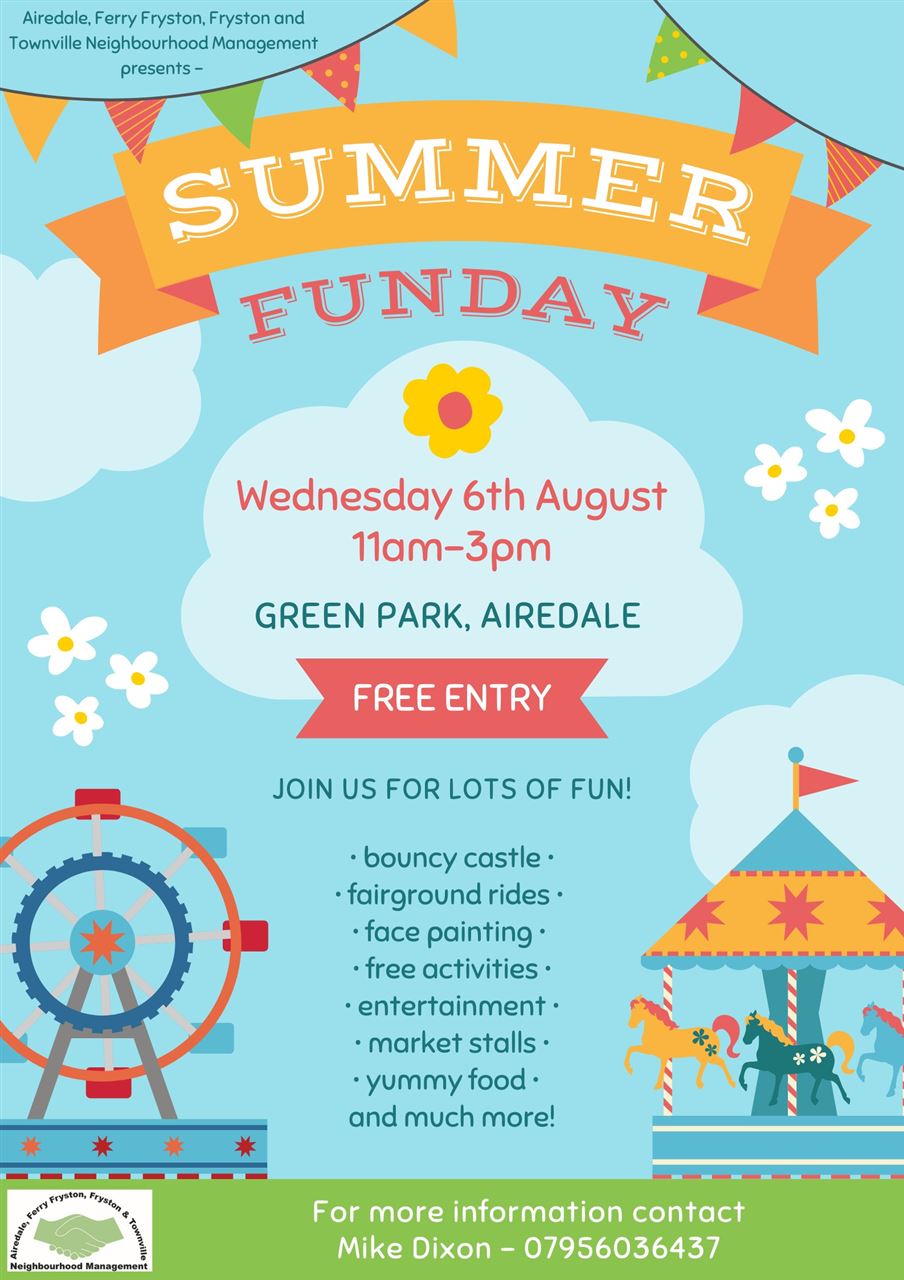
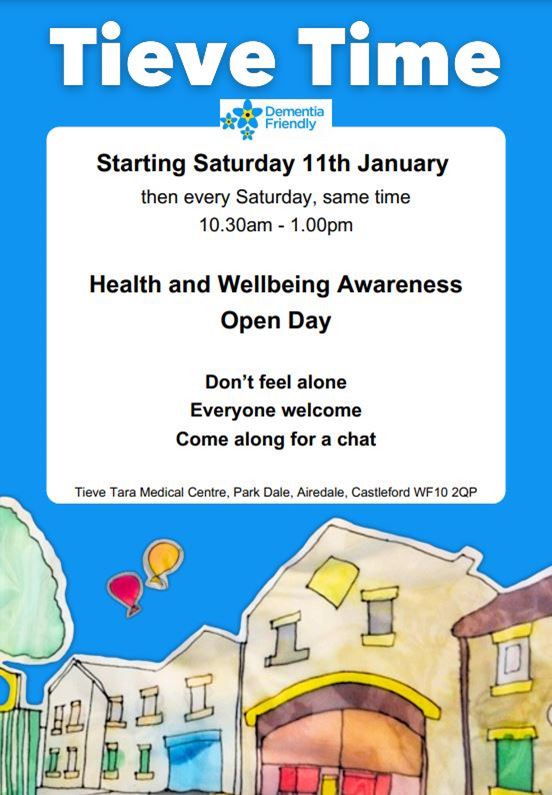
Non-urgent advice: Respiratory syncytial virus (RSV) vaccine
Respiratory syncytial virus (RSV) is a common cause of coughs and colds. It usually gets better by itself, but it can be serious for some babies and older adults.
Non-urgent advice: Who’s at risk from RSV
RSV is very common. Almost all children get it at least once before they’re 2 years old.
It’s not usually serious, but some babies and adults have a higher risk of getting seriously ill, particularly:
— babies under 6 months old
— children who were born prematurely
— adults over 75 years
— babies, children and older adults with a weakened immune system, or long-term lung or heart conditions
In babies, RSV is a common cause of a type of chest infection called bronchiolitis. This can cause breathing problems and may need to be treated in hospital.
RSV can also cause a serious lung infection (pneumonia) in babies and older adults.
RSV vaccination from September 2024
A vaccine to help protect against RSV will be available on the NHS from 1 September 2024.
You’ll be able to get the vaccine if:
— you’re aged 75 to 79
— you’re 28 weeks pregnant or more – this will help protect your baby for the first few months after they’re born
If you’re aged 75 to 79, your GP surgery will contact you about getting vaccinated. Please wait to be contacted.
From September, you can speak to your maternity service or GP surgery about getting your RSV vaccination if you’re 28 weeks pregnant or more.
Get more information on respiratory syncytial virus (RSV)
Non-urgent advice: Health A-Z
Guide to conditions, symptoms & treatments
Non-urgent advice: Live Well
Advice, tips and tools for health & wellbeing
Non-urgent advice: Medicines Guide
How medicine works & possible side effects
Non-urgent advice: Find NHS Services
Find the service you need and book online.
MacMillan Coffee Morning
Did you know we are hosting a Macmillan Coffee Morning here at Tieve Tara Medical Centre on Friday 27th September 24 from 10:30am onwards? There will be a selection of cakes, buns, savouries and even freshly homemade waffles. Please come along and pop in, we'd love to see and chat with you.

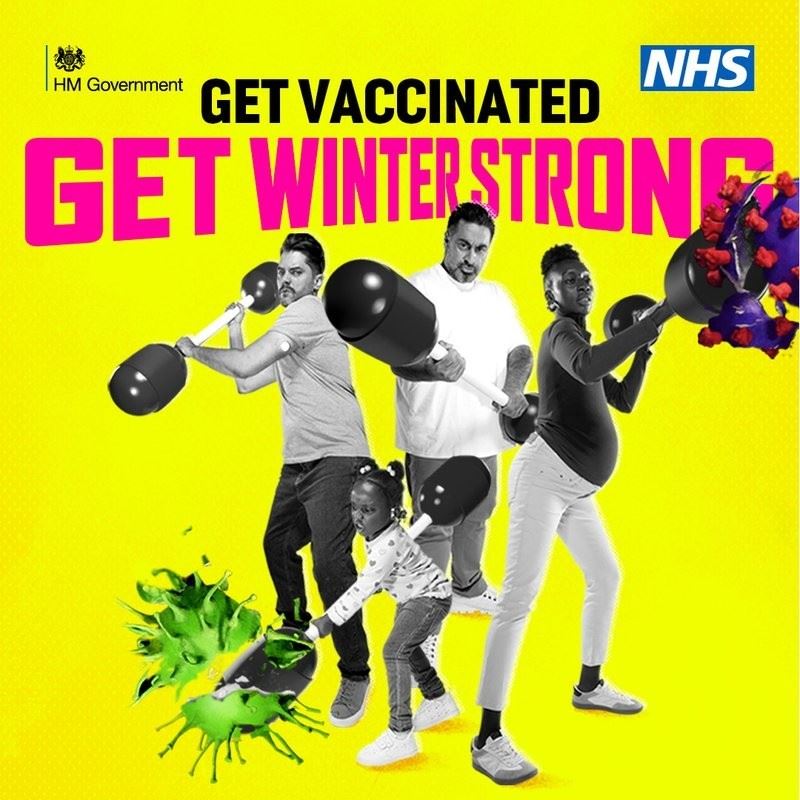
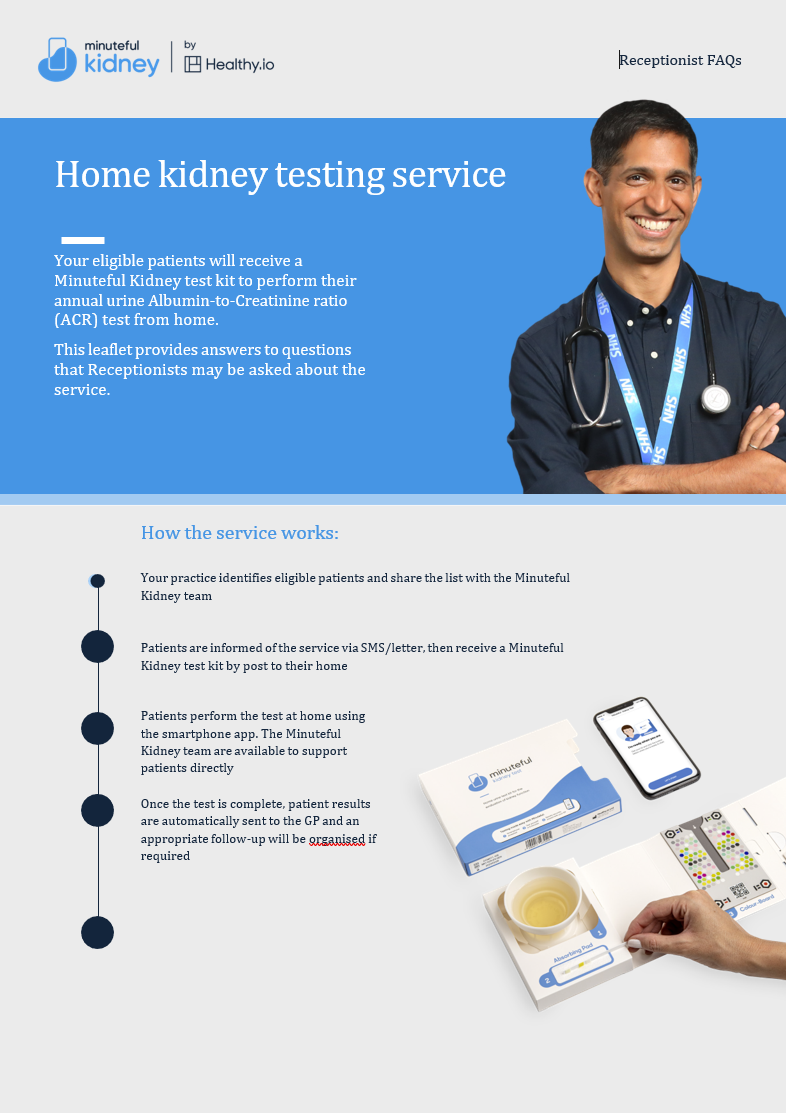
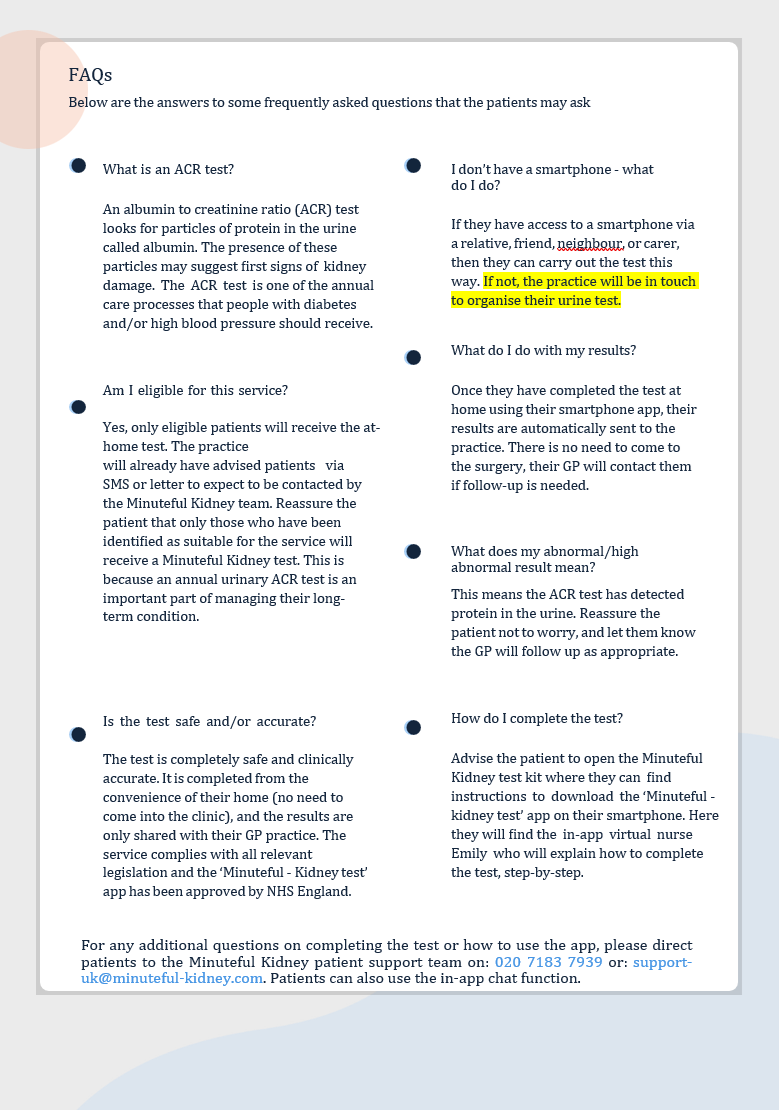


As a Medical practice you may have notice we have started using Patchs.
What is Patchs? - Patchs is a next-generation online and video consultation system
What are the benefits of using Patchs
Benefits for patients
- Improved access. Patients can submit requests any time (depending on when you have Patchs turned on) without having to wait on the phone.
- Quick response. They get a quicker response from a clinician than having to wait for an appointment in future.
- Convenience. Patients usually don’t have to leave their house if consulted via Patchs.
- Support for vulnerable patients. Carers can use Patchs on their behalf – but for those that don’t have carers and cannot use a computer or smartphone, Patchs frees up the phone lines for them.
- Many patients prefer communicating in writing. It’s easier for them to describe their symptoms more fully and accurately than they could in a traditional telephone or face-to-face consultation, they can take their time to answer questions, can review and edit them before submitting, and have a written record to refer back to in future. This is particularly helpful for patients with anxiety or autistic spectrum disorder because they may find it difficult to communicate verbally how they’re feeling. Some patients say it’s easier for them to discuss sensitive topics, such as mental health issues, in writing rather than on the phone or face-to-face. We've found this is particularly true for male patients who may have avoided seeking help from the doctors before.
- Patients can use their own words to describe their issues. Rather than certain other online consultation systems where they have to answer lots of yes/no tick box questions.
We collect feedback from patients each time they use Patchs . We've had over 500,000 reviews - and on average patients give Patchs a 4.1 out of 5 star rating.
These are some of the key Patchs features:
- Accessibility
- Appointment Bookings and Reminders
- Demand Control
- eHubs/Federated Working
- Language Translation
- NHS App and Login
- Messaging
- Medical Questionnaires
- Online Consultations
- Operating model
- Patient Facing Services
- Patient Section
- Remote Monitoring
- Reporting Dashboard
- Signposting
- Templates
- Triage
- Video Consultations
For further information re accessing Patchs, please clink on this link.
A new scheme starting from 23 April which will be delivered at Tieve Tara Medical Centre!!!





Pharmacy First – Did you know?
Patients can now get treatment for seven common conditions without needing to see a GP.
From January 31, thousands of pharmacists across England will be able to assess and treat patients for
- sinusitis,
- sore throat,
- earache,
- infected insect bites,
- impetigo,
- shingles and
- uncomplicated urinary tract infections in women under 65,
without the need for a GP appointment or prescription.
NHS England said more than nine in 10 community pharmacies in England – 10,265 in total – will be offering the checks under the Pharmacy First scheme.

Page created: 23 January 2024
